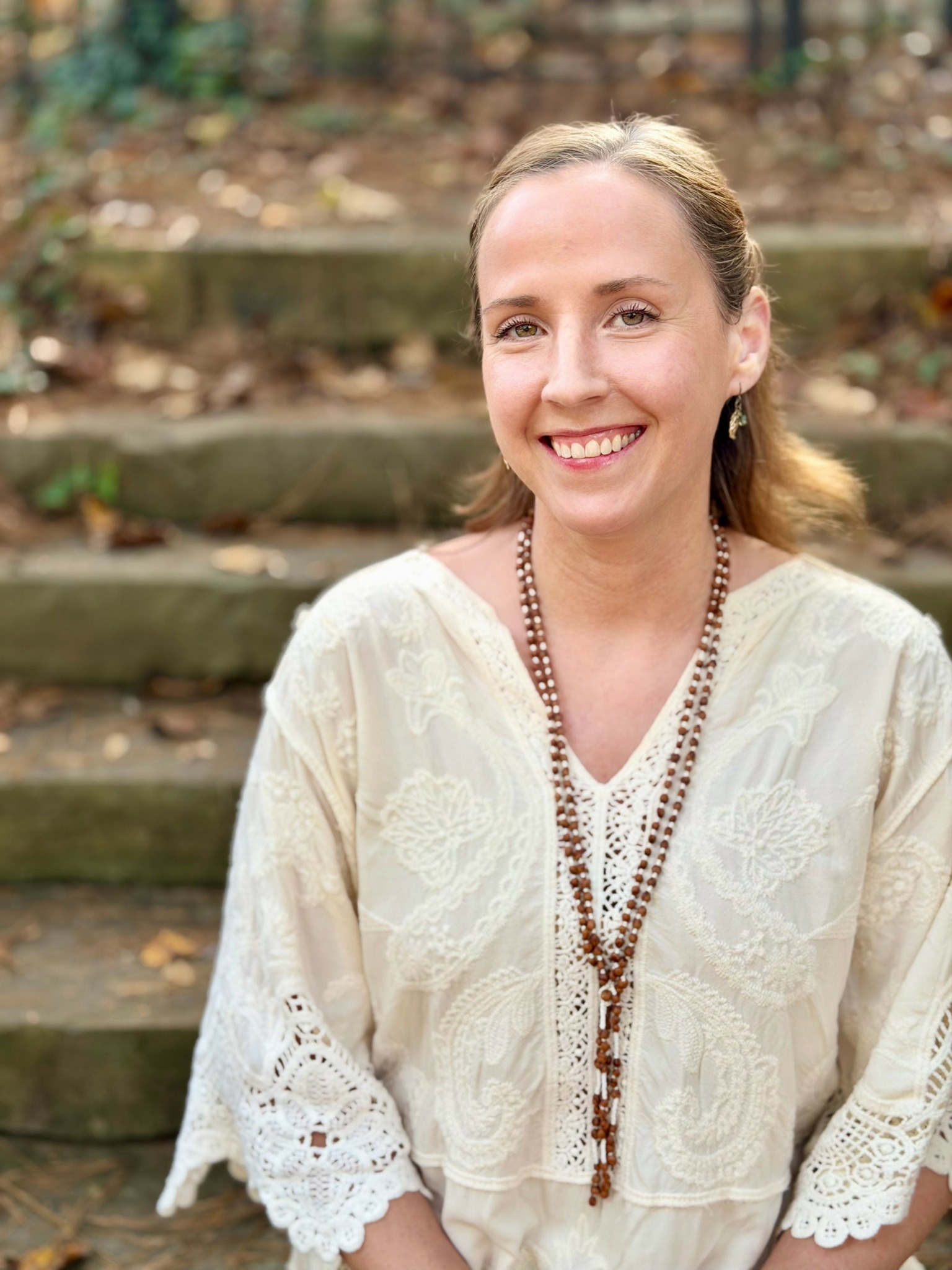We caught up with the brilliant and insightful Heather Romero a few weeks ago and have shared our conversation below.
Heather, appreciate you joining us today. Was there a defining moment in your professional career? A moment that changed the trajectory of your career?
During my first job in the field, I experienced an unexpected shift in my career path. At the time, I was working in community health with refugees. My desire to positively impact the world and the lives of others guided me to this career. Like all areas of the medical field, the mental health field is also rife with systemic issues that harm both clients and psychotherapists. Poor pay, lack of benefits, and a mismatch between the level of expertise and the population served are widely known problems, though they represent only a small portion of the issues.
Leaving my master’s program, I had an idealistic view of my work, believing that passion alone could propel me forward. Though rewarding at times, the job took a toll on my mental and physical health. The systemic challenges, coupled with the emotional weight of working with people who had experienced significant trauma, were too much for a young therapist. I felt like I was struggling to get through each day. Anxiety, overwhelm, and fatigue were almost constant. I was barely holding it together, but my idea of what my career should look like kept me in it for far too long.
After a couple of years, I quit. It felt freeing to leave, but I also felt like a failure. The future felt aimless. The guilt weighed heavily on me. Had I abandoned my purpose? Was I too weak? Was I selfish for wanting a different path?
Despite these questions, the allure of private practice grew stronger, even though I had never imagined moving into this sphere so early in my career. Within a couple of months, I began working at a private practice. It was a big adjustment, transitioning from a regimented, hierarchical system to an autonomous one. Managing my time, overcoming procrastination, and battling insecurity about my abilities were just some of the challenges I faced.
Slowly, I began to feel more comfortable and started trusting myself. My confidence grew, and I began to enjoy the autonomy as it allowed me to focus on my ideal clients. I was able to care for myself physically and emotionally, which was crucial since I have chronic health issues. I noticed a positive change in my work and saw the impact I was having on my clients. The transition happened at the beginning of the pandemic, but in hindsight, it came at the perfect time for me.
My lessons were many. I learned to stay open to change and let my path evolve based on real experiences instead of rigid plans. Most importantly, I started to change the way I thought about helping others. I realized I didn’t have to lose myself in service. I could care for people and care for myself.
Through therapy and supportive relationships, I began practicing self-compassion more often. I started to understand that true growth comes from love, acceptance, and gentleness instead of guilt or shame. And somewhere along the way, I realized I could actually build a life that I like. That might sound simple, but for someone raised in a religious environment that celebrated self-sacrifice at all costs, it was a huge revelation.
Even recently, I realized that I do not want to run a private practice entirely on my own. Many people dream of having a solo practice, but I’ve learned that I thrive in collaboration. I need to feel part of something that emphasizes mutual support and connection.
One of my favorite quotes is from David Bowie:
“Aging is an extraordinary process whereby you become the person you always should have been.”
Now in mid-life, the idea of continuing to uncover and build an authentic life that truly fits who I am feels exciting.
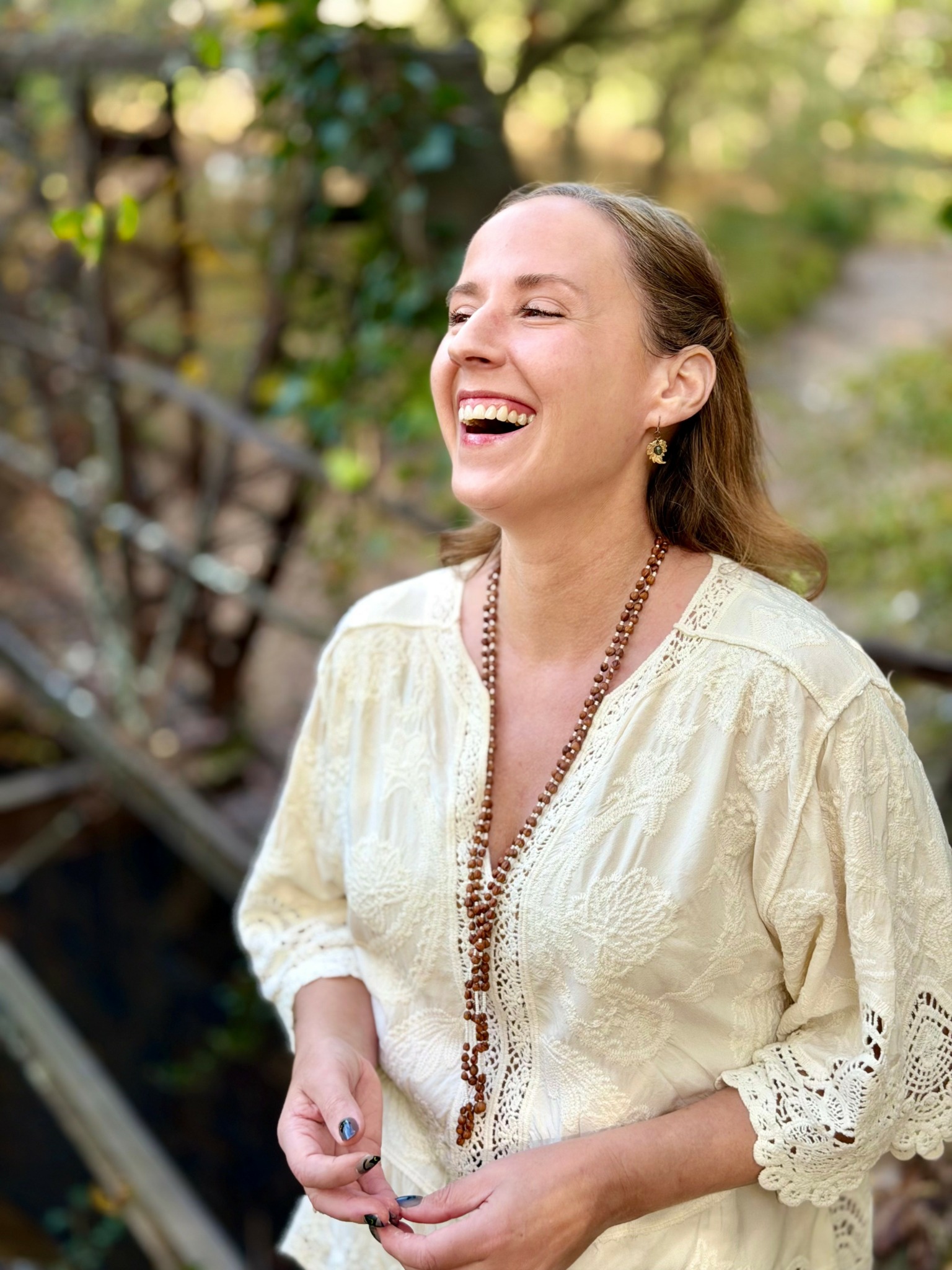
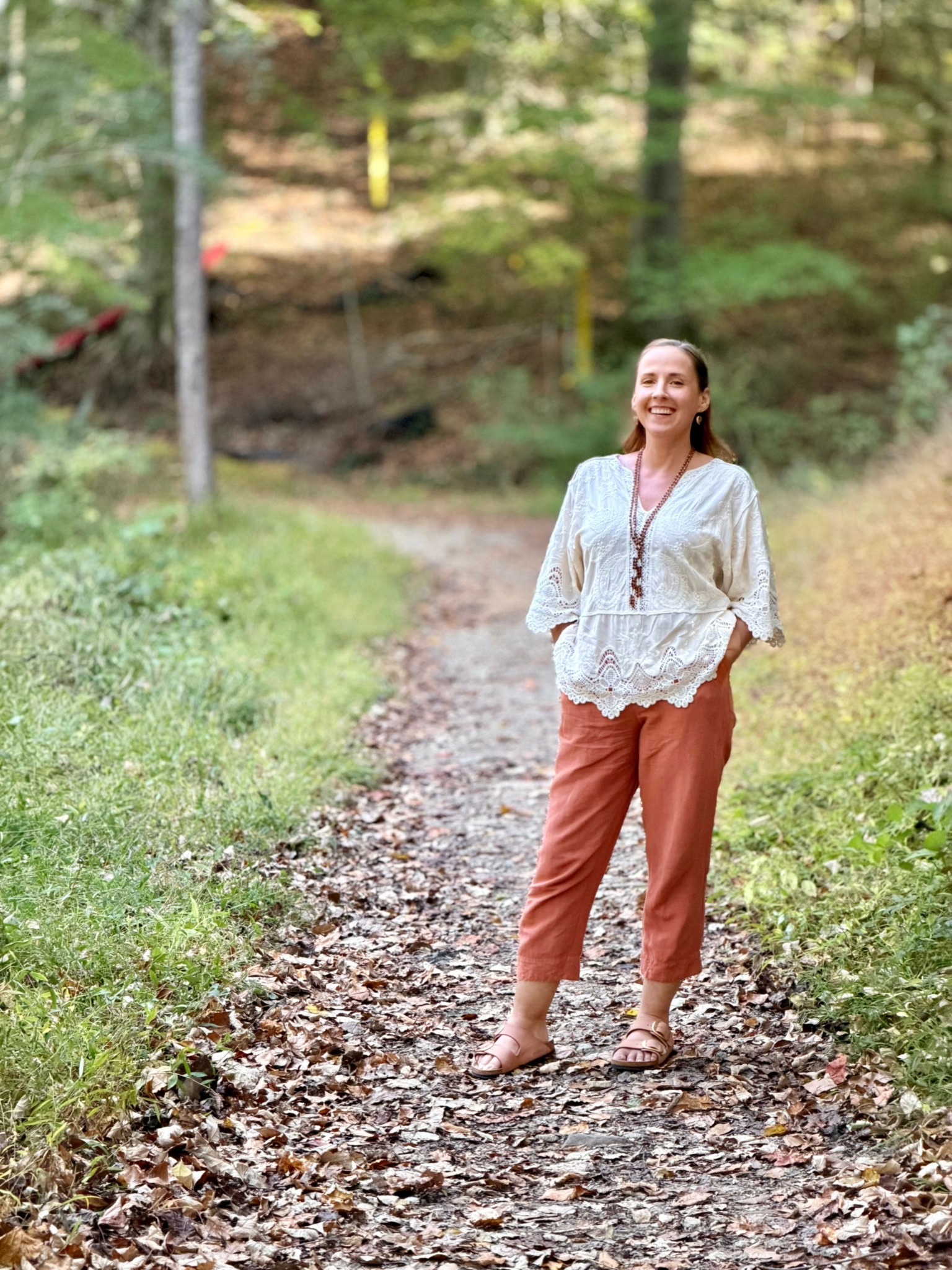
Heather, love having you share your insights with us. Before we ask you more questions, maybe you can take a moment to introduce yourself to our readers who might have missed our earlier conversations?
I am an adult psychotherapist who believes that therapy should feel both safe and empowering. My approach is grounded in sensitivity, compassion, and genuine encouragement. I love helping my clients reconnect with their strengths, intuition, self-love, and motivation.
I work primarily with college-aged and young professional women who are exploring identity, healing from past traumas, and untangling harmful beliefs. I also focus on women in their 30s and 40s who are navigating relationships, transitions, and the often complex inner conflicts that come with growing into yourself.
In sessions, I often weave together mindfulness, breathwork, acceptance, and nervous system awareness. I value the partnership between therapist and client, and the idea that healing happens when we attune to the body, mind, and emotions together. My work draws on body-based approaches and EMDR, allowing clients to build trust in their own innate wisdom and resilience.
While the work can be deep and emotional, I also bring humor and optimism into my sessions. Healing doesn’t have to feel heavy all the time; sometimes, we need a good laugh in the middle of it all.
My love of learning keeps my work alive and evolving. I draw from a variety of modalities, including Polyvagal Theory, Parts Work, EMDR, Somatic Experiencing and Processing, and Exposure Therapy. My long-time yoga practice adds a spiritual and grounding element to therapy, helping clients connect more deeply to themselves, others, nature, and the world around them. Together, these influences create a space that encourages self-awareness, embodiment, compassion, accountability, and trust in one’s own process. Sessions can be challenging, but they’re also deeply healing.
I approach my work through an intersectional feminist lens, always considering the systemic forces that shape each person’s story. My goal is to help clients cultivate self-compassion and agency while navigating the complex world we live in and to empower them to make meaningful, authentic contributions to their communities. As a climate-aware therapist and member of the Climate Psychology Alliance of North America, I also integrate approaches to help clients process eco-anxiety and existential concerns related to our planet.
Outside of work, you can usually find me enjoying a good meal, baking, or spending as much time as possible outdoors. At home, I share life with my husband, our two stubborn dachshunds, and a very spicy kitty.
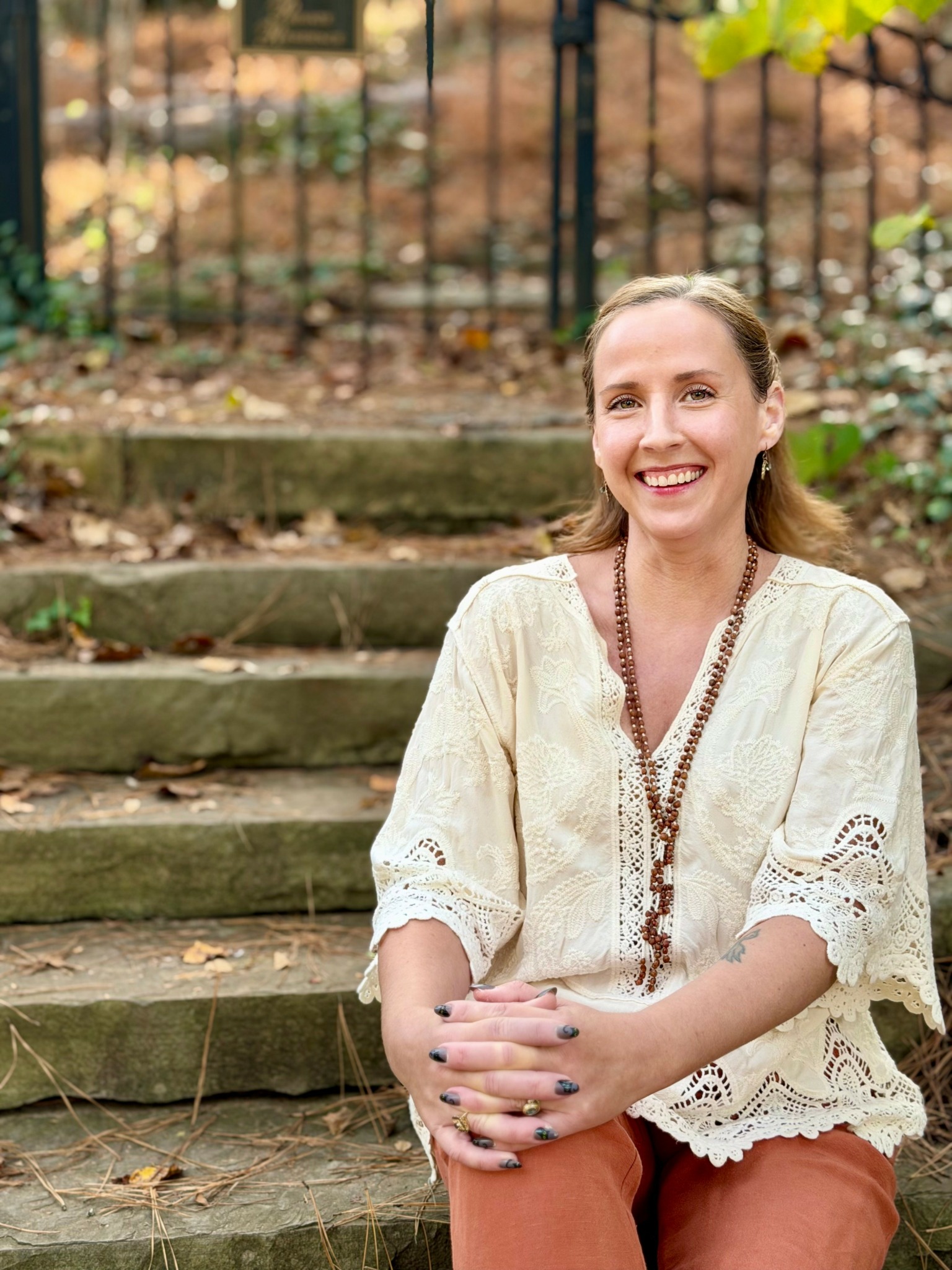
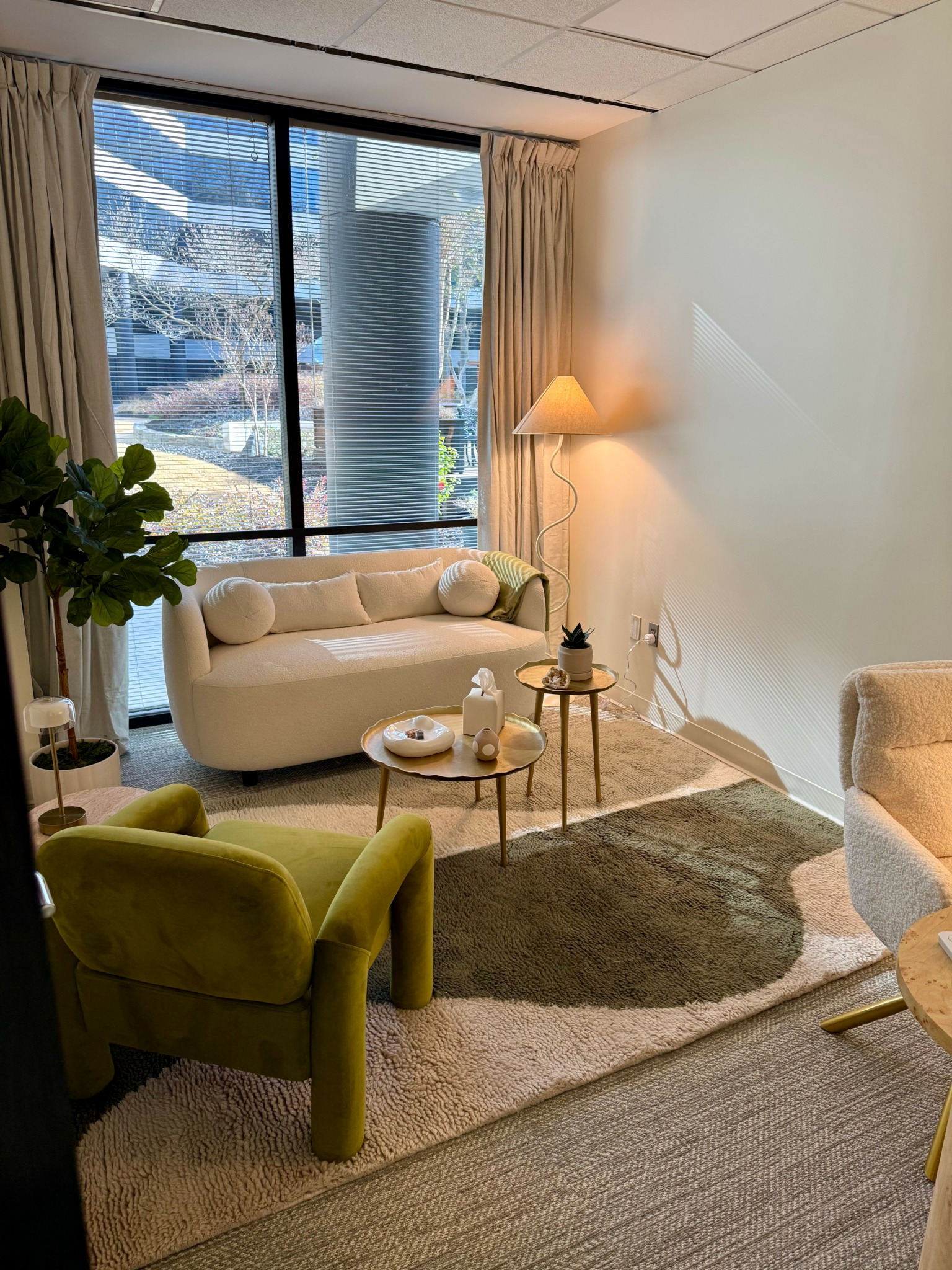
If you could go back, would you choose the same profession, specialty, etc.?
The answer depends on the day! Honestly, providing therapy can be a very intense profession. Some weeks are incredibly rewarding, and I feel like I’m walking on air. Other weeks test my resilience and empathy.
If I could do it over again, I’d choose a more affordable school, as it can be challenging for therapists to make a good living. Entering the field with as little debt as possible is important while you’re building your caseload and will help set you up for financial stability in the long run. There are also many online programs available, but I recommend attending in person if possible; the learning experience tends to be much richer.
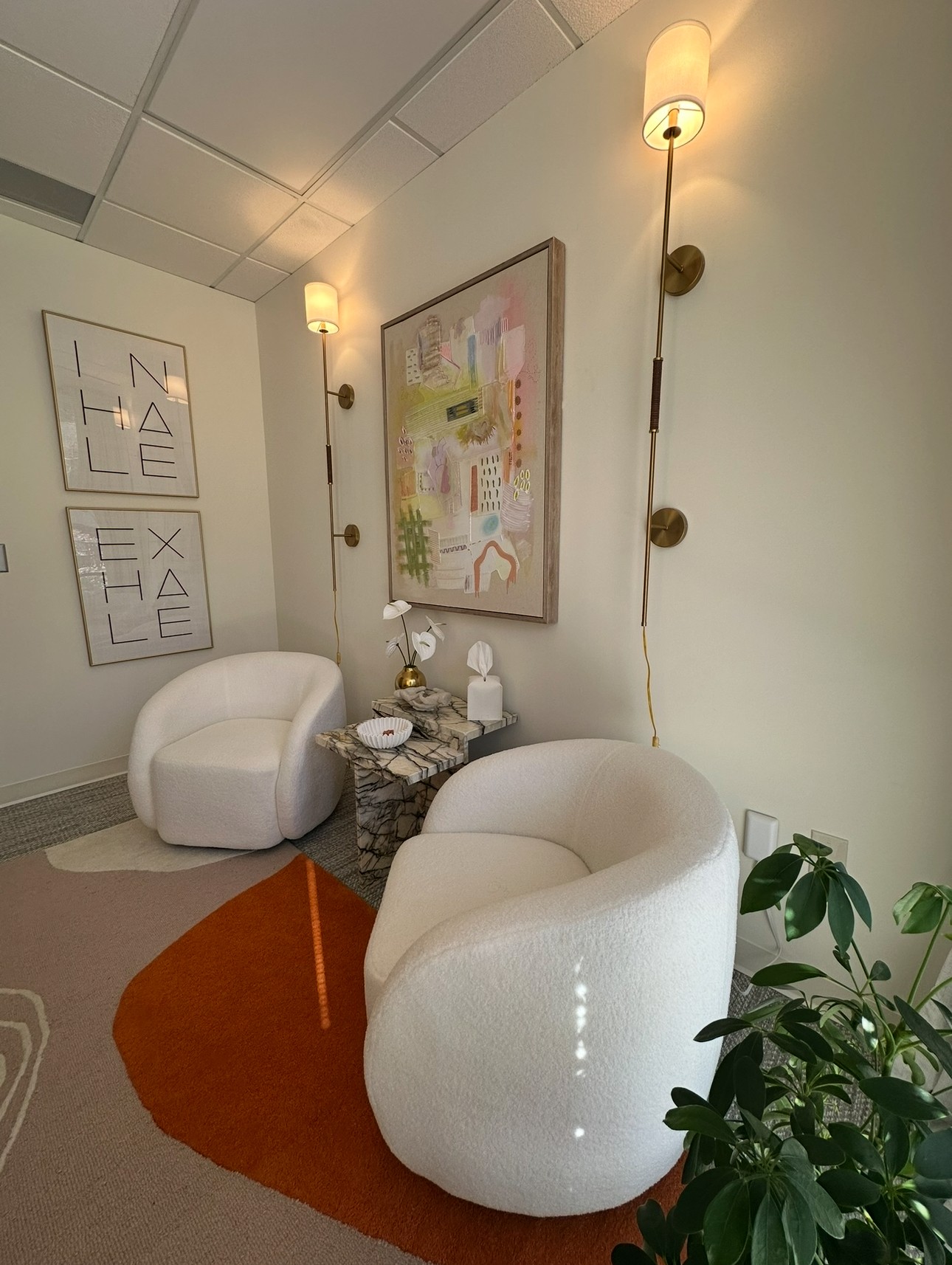
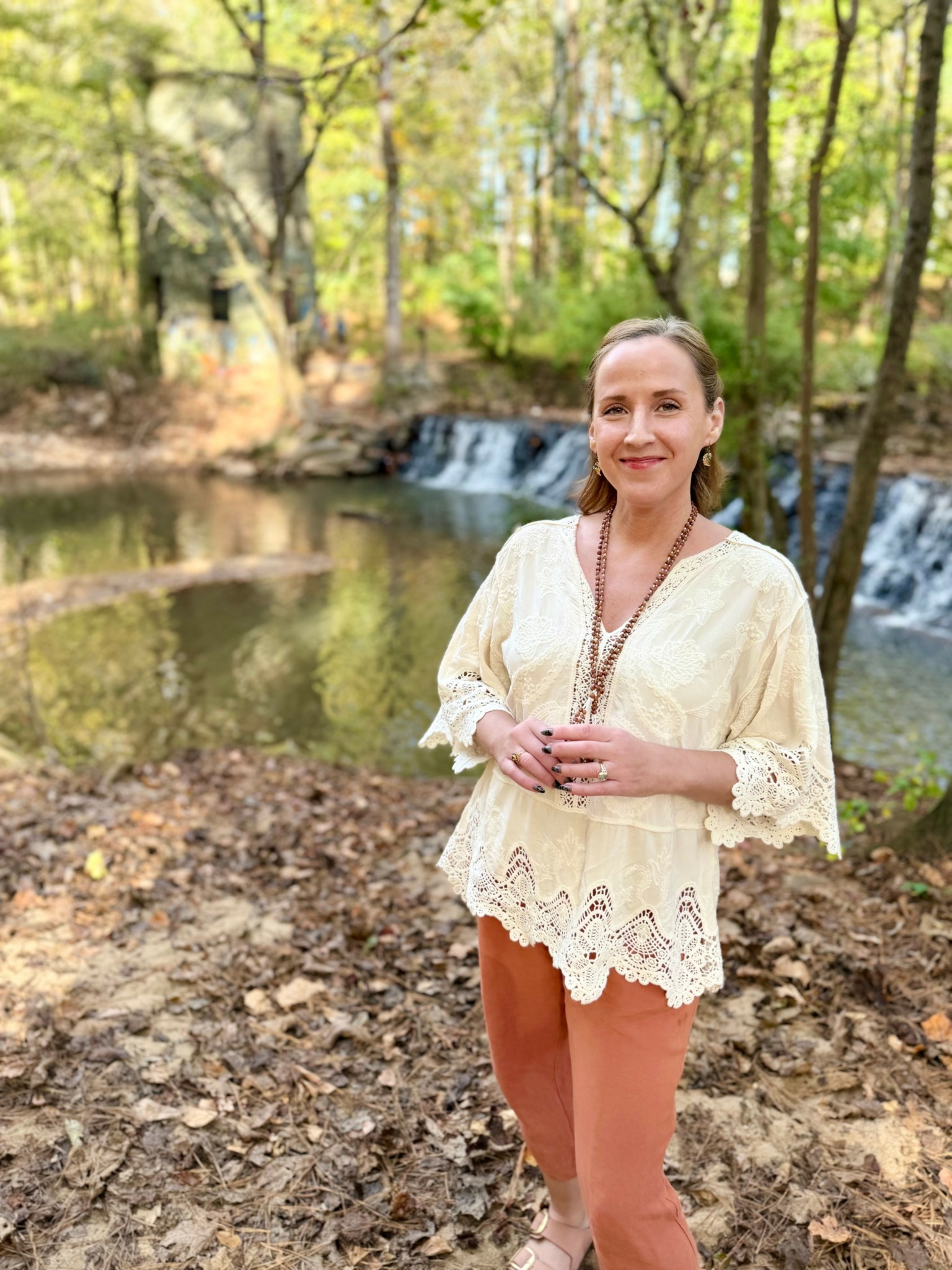
Putting training and knowledge aside, what else do you think really matters in terms of succeeding in your field?
`To be a psychotherapist, doing your own personal work in therapy is essential. It not only reminds you what it’s like to be a client, but it also helps uncover any biases or unresolved issues you may bring to the table that could negatively impact your work. Developing self-awareness and continuing to grow as a person directly enhances your effectiveness as a therapist.
As another therapist once told me, “The professional is personal, and the personal is professional.” Personal healing and anything that helps you be fully present with your clients will do more for your practice than any training ever could.
Contact Info:
- Website: https://www.heatherromero.me
- Instagram: @holisticwithheather
- Linkedin: https://www.linkedin.com/in/heather-romero-708a3870
- Other: https://www.healatl.com/heather
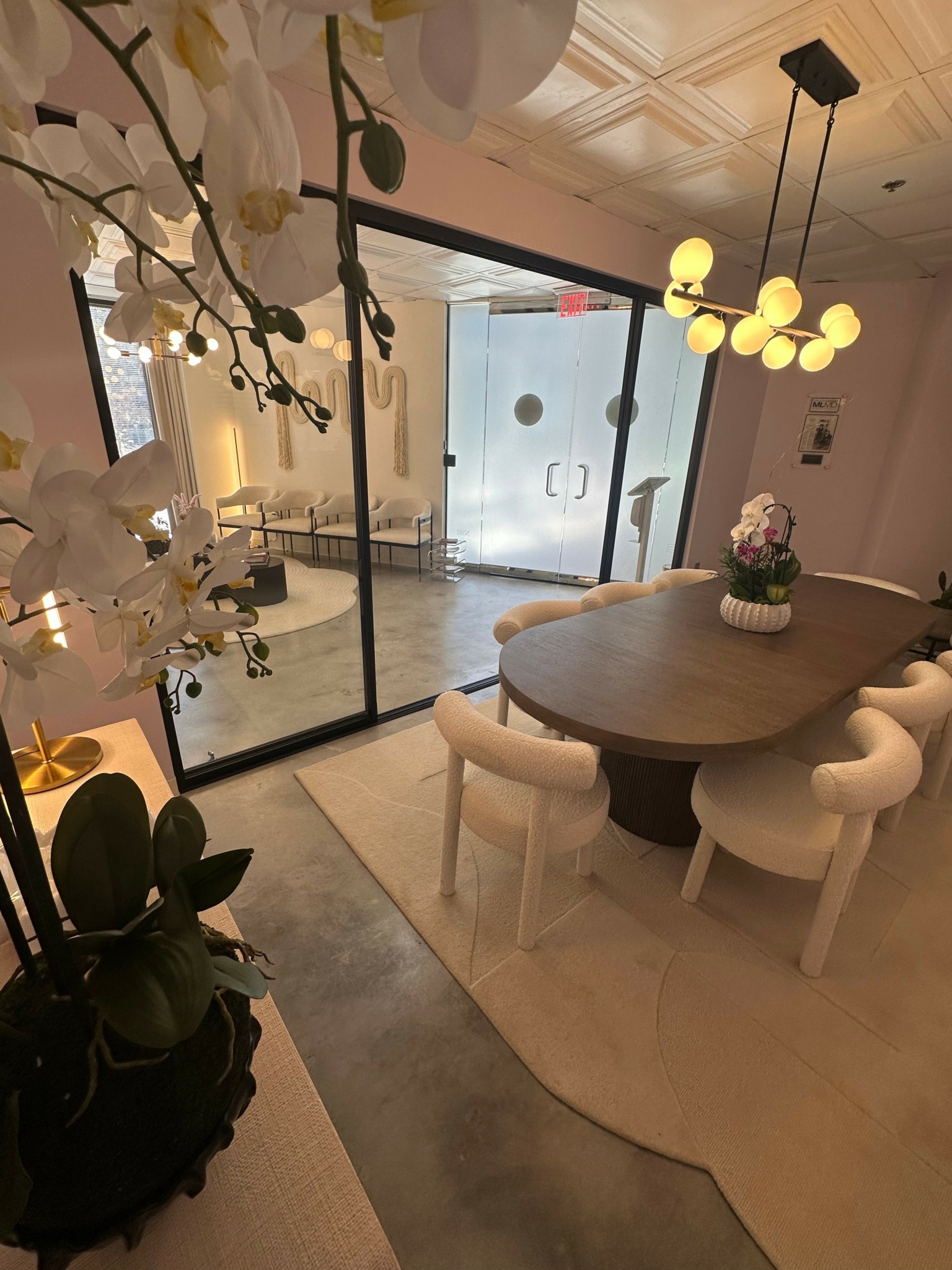
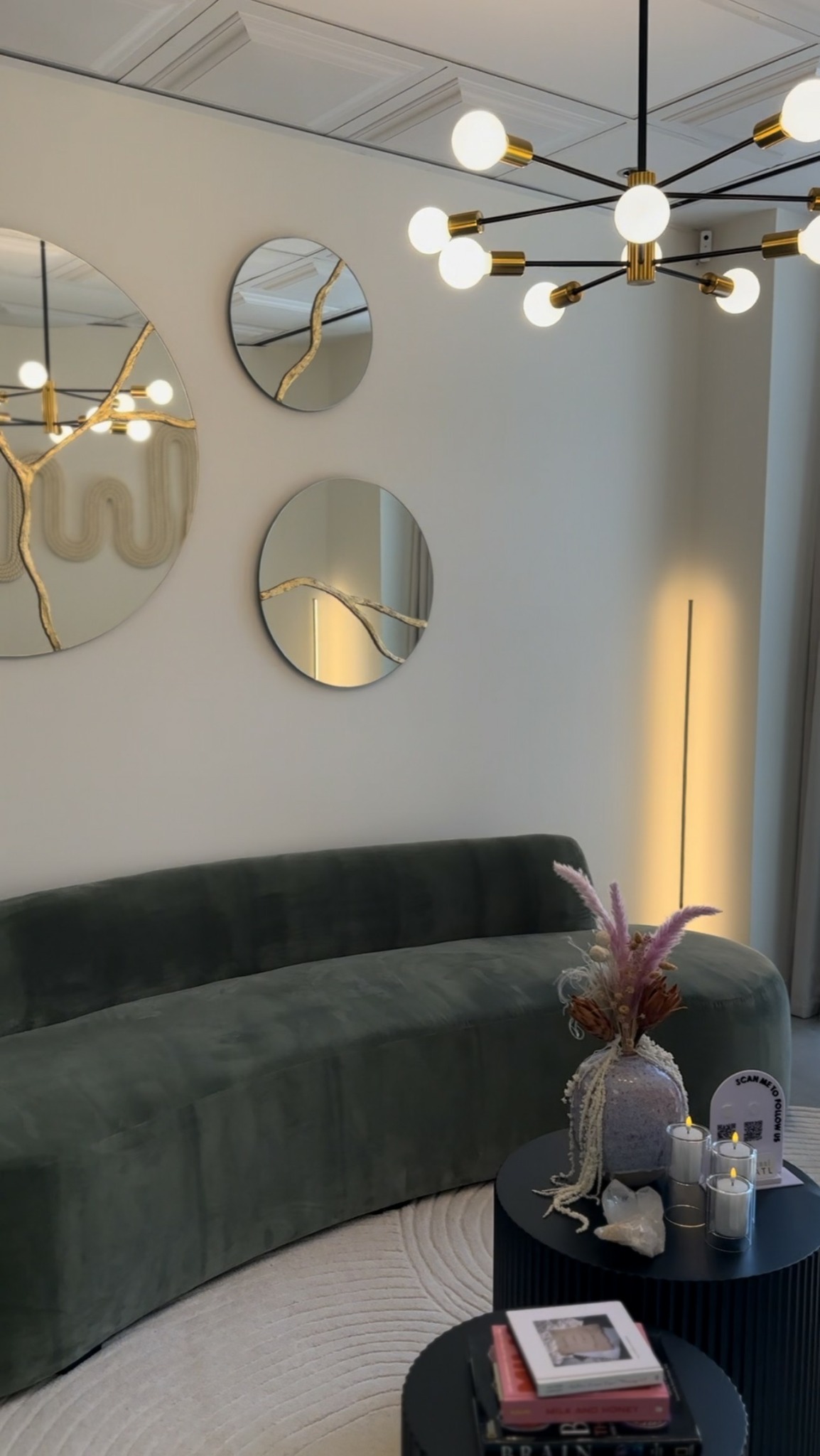
Image Credits
Office Pics only:
Photos courtesy of Heal ATL counseling & wellness
www.healatl.com


